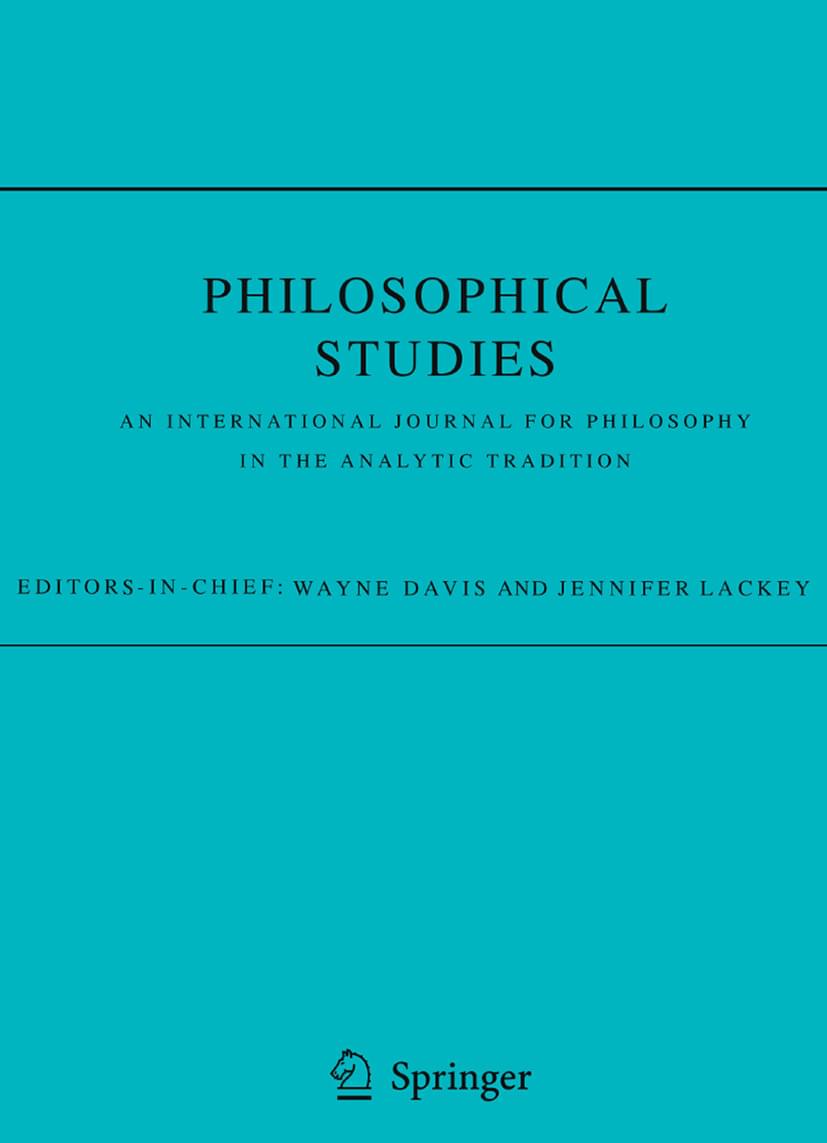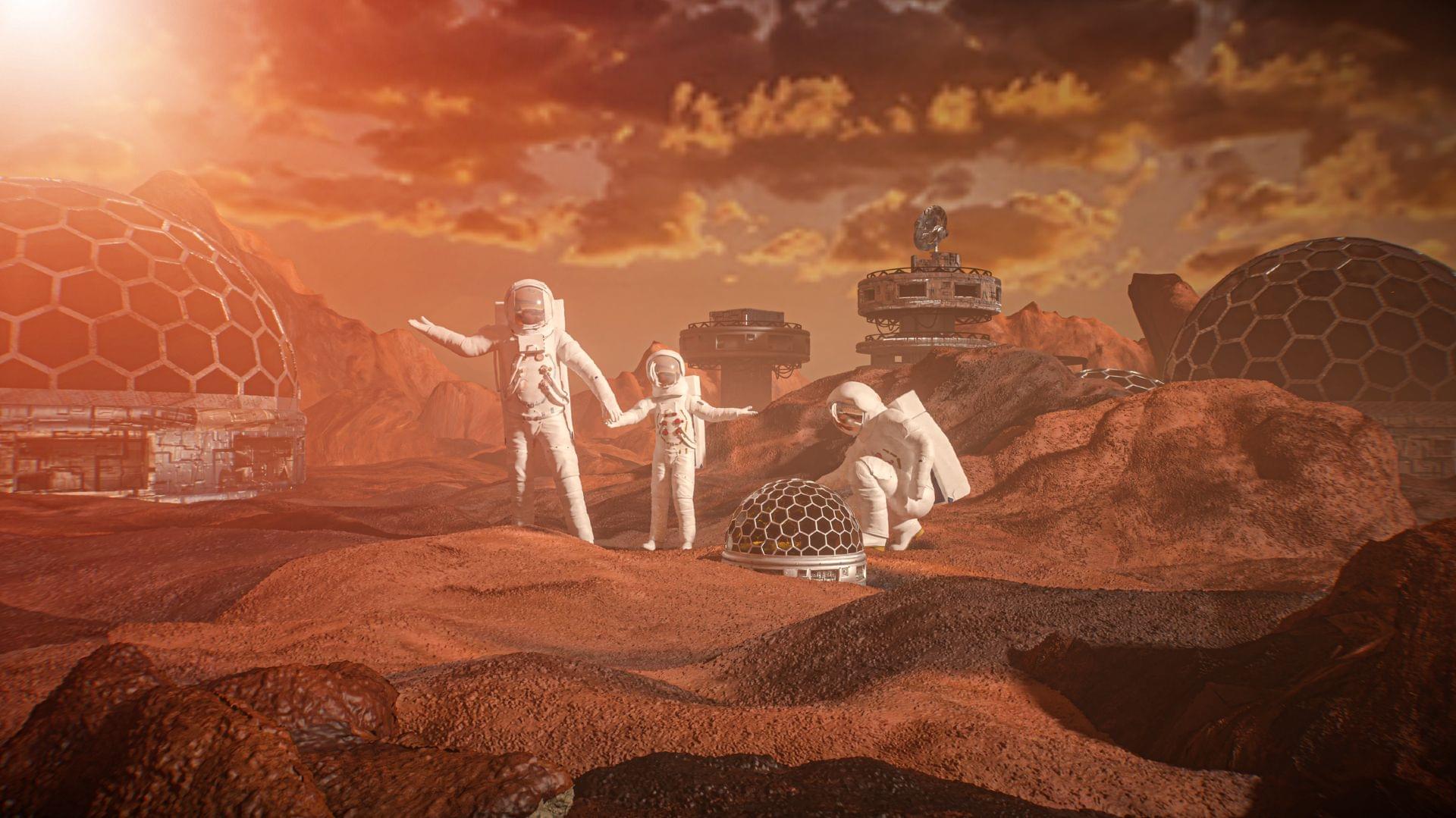Perhaps our last line of defense.
Philosophical Studies — The ability to suffer, in the case of artificial entities, is often viewed as a moral turning point—once detected, there is no going back, and the moral landscape is irreversibly altered. The presence of entities capable of suffering imposes moral and legal obligations on humans. It is therefore unsurprising that many have urged caution in pursuing artificial suffering, with some even proposing a moratorium. In this paper, however, I argue that the emergence of artificial suffering need not entail moral disaster. On the contrary, I defend its development and contend that it may be a necessary feature of superintelligent robots. I suggest that artificial suffering could be essential for enabling human-like ethics in machines, bridging the retribution gap, and functioning as a control mechanism to mitigate existential risks. Rather than constraining research in this area, I maintain that work on artificial suffering should be actively intensified.



